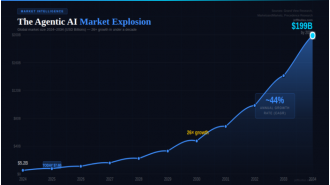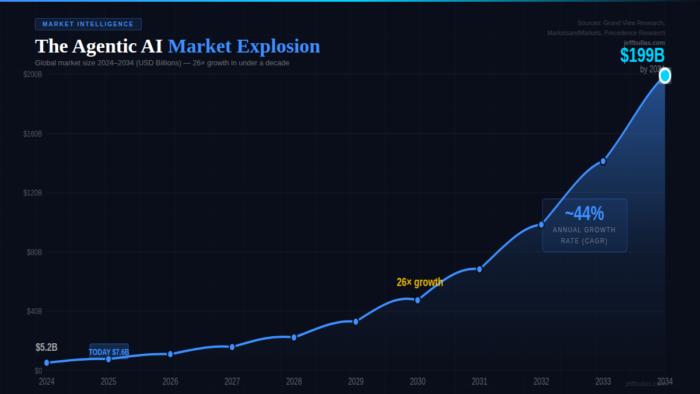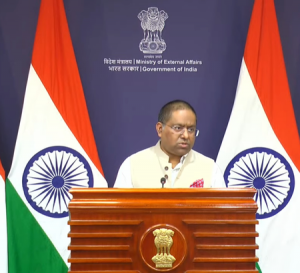Google Calendar users were upset when they noticed Black History Month was missing from the calendar.
Tech giant removed holidays from app but will still track them through Google Doodles and other products.

In recent news, users of Google Calendar have noticed that the application is no longer displaying certain observances, such as Black History Month and Women's History Month. This change has caused some concern and speculation about Google's political stance and possible alignment with the Trump Administration's ethnonationalism. According to a report by The New York Times, this is not the first time Google has made a controversial decision.
In addition to removing these observances from their calendar, the company has also labeled the Gulf of Mexico as the Gulf of America and eliminated their diversity workforce goals from their website. These actions have led some to believe that Google is abandoning their liberal views and embracing a more conservative ideology. However, Madison Cushman Veld, a spokesperson for Google, has stated that the removal of these observances actually occurred last year and was not a recent decision.
Veld explained that the change was due to logistical reasons rather than any particular ideology. The company found it difficult to manually add hundreds of observances each year for different countries and realized that it was not a sustainable practice. Despite this explanation, some users still find Google's decision questionable.
They point out that the company has previously worked with a website called timeanddate.com to populate their calendar with public holidays and national observances. This includes days like President's Day and Labor Day, which are still marked on the calendar. The removal of other important dates, such as Pride Month, Black History Month, Holocaust Remembrance Day, Jewish Heritage, Hispanic Heritage, and Indigenous People Month, seems inconsistent and raises suspicion.
Veld has clarified that Google was asked to add many more dates and events than they were able to accommodate. Along with the two observances mentioned earlier, the company also removed Hispanic Heritage Month, Pride Month, Jewish American Heritage Month, and Holocaust Remembrance Day. In a statement, Veld said that maintaining hundreds of cultural moments manually and consistently around the world was not a sustainable or scalable task.
As a result, Google has returned to only showing public holidays and national observances from timeanddate.com, while still allowing users to add other important events to their calendars. After facing significant backlash from users, Google released an update on their company blog on February 12. In this post, they omitted Veld's previous comments about the sustainability of acknowledging global holidays and instead focused on promoting the flexibility of their service.
The company stated that showing only public holidays and national observances is consistent with other major online calendar providers. They also highlighted that Google Calendar is customizable, allowing users to add important moments to their own calendars. While Google has removed these holidays from their calendar app, they will still be recognized and celebrated through Google Doodles and other products.
In fact, the company has recently used various platforms, such as YouTube Music, YouTube, Google Play, Google Arts & Culture, Google TV, and Chrome's Black Artists Series, to honor and celebrate Black History Month. However, if you want to see these observances on your Google Calendar app, you will need to add them manually. In related news, Apple has also made changes to their map by labeling the Gulf of Mexico as the Gulf of America, following in the footsteps of Google.
These recent decisions have sparked conversations about the impact of technology companies on politics and cultural representation.










